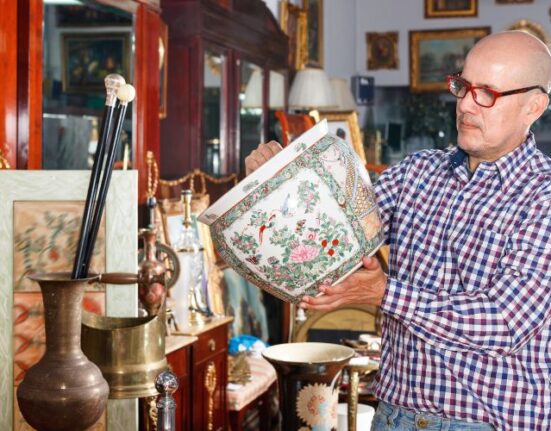- Artificial Intelligence experts gathered in Rome as part of the Allianz Global Explorer Program
- The panelists, experts in their field, spoke about the possibilities of AI technology and the emotions surrounding in public debate
- Media assets available for journalists to access and download.
On April 14, Allianz hosted the fifth Explorer Micro-Conference in Rome. The panel consisted of leading experts from academia, motorsport and insurance that came together at Pi Campus, a reknown Rome-based AI business accelerator. Hosted by Massimiliano Del Barba, technology journalist of the Corriere della Sera and Rasmus Nutzhorn, legendary digital transformist, the lively discussion quickly became a conversation around trust, responsibility and human reaction to change.
The panelists agreed that artificial intelligence was one the most impactful technologies to date: “The next thirty years of change will surpass anything we have seen in the last 3000 years. Data is the new oil, and AI is the way to mine that data” as Bryn Balcombe, Chief strategy Officer at Roborace, puts it. However, opinions differed substantially on the cultural impact and human readiness to this change. Most panelist felt that public discourse was not necessarily only driven by facts but by apprehension and resistance to change. Marco Trombetti, founder of Pi Campus and co-founder and CEO of Translated detected “a bias towards change” while Nutzhorn felt that “humans are hardwired to be afraid”. Marcello Federico, researcher and founder of ModernMT felt it was time to “demystify artificial intelligence as there is too much misbelief und misguided fear”. Giving the example of an airplane journey, he argued that the majority of the duration of a flight was already in the hands of machine intelligence and that human pilots played a limited role. Regardless, people´s fear of flying was not impacted by this. The point was hotly contested by Paolo Cellini, Board member of Roma Servizi per la Mobilità and Professor of Digital Economics at the University LUISS Guido Carli, who believed the concept of human interaction and even human civilization was based on a shared understanding of responsibility and accountability – which is what artificial intelligence lacks – “who is held to be accountable if AI fails?”. He concluded “that as humans, we are simply not ready for AI”. Trombetti, who argued against Cellini´s point, saw AI on the road to success due to pragmatism and habit – he felt humans adapt to technologies as their use of them increased which, in turn, raises confidence levels, “we trust things because we interact with them”.
Telina Reil, Head of Business Transformation at Advanced Business Analytics, Allianz SE viewed the concerns around artificial intelligence as an “opportunity to open up the conversation about what makes us human” and to discuss openly “how we think and behave”. A sentiment that Balcombe echoed when arguing for a discussion about “intelligence in general, human intelligence, animal intelligence and how those intelligence forms can work together (..) in creating a better society

















